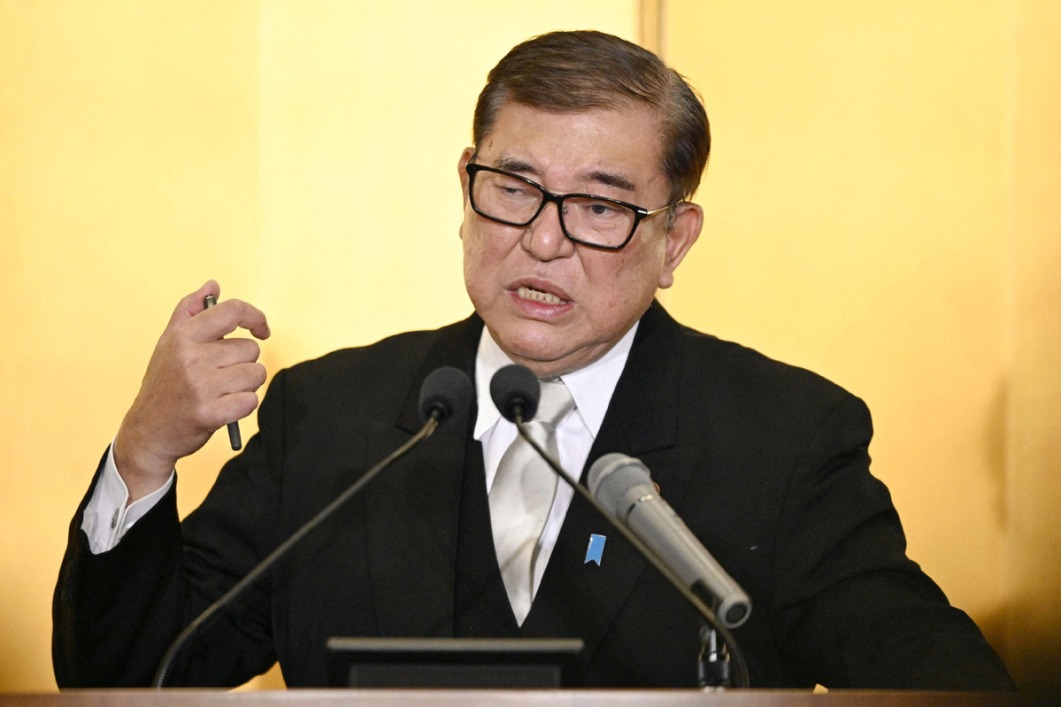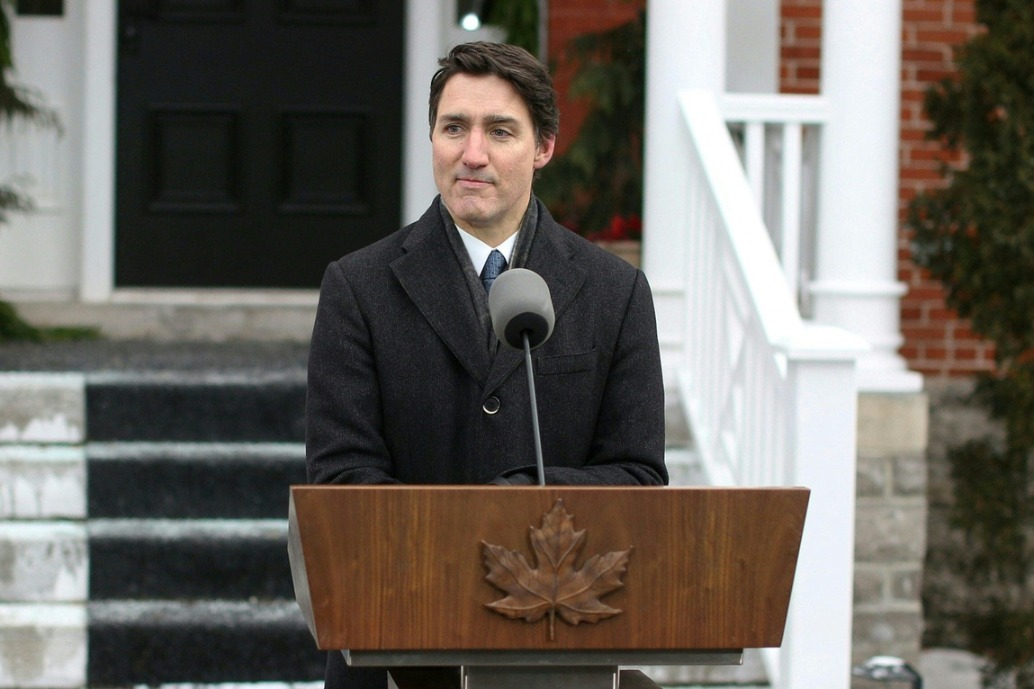Merkel hits back at CDU/CSU opponents of eurozone reform

BERLIN - German Chancellor Angela Merkel (CDU) has reiterated her support for far-reaching Eurozone reforms on Monday despite growing opposition in the Christian Democratic Union (CDU) and Christian Social Union (CSU).
"The firm desire to find a shared pathway remains", Merkel's official spokesperson Steffen Seibert told press. The federal government still aimed to reach an agreement among eurozone members over changes proposed by French President Emmanuel Macron before an upcoming European Union (EU) summit at the end of June.
Seibert further announced that Merkel would hold discussions with senior CDU and CSU politicians on Monday to clarify their stance and subsequently meet Macron to discuss progress resulting from an "intensive" working process at the international level in Berlin on Thursday.
Earlier, CDU/CSU deputy parliamentary faction leader Ralph Brinkhaus (CDU) had described June as being too early a date to reach a comprehensive agreement on Eurozone reform and ruled out key elements of the plan proposed by Macron such as the creation of a European Monetary Fund (EMF), shared Eurozone budget and uniform insurance scheme for banking deposits.
Seibert tried to downplay a resulting appearance of backtracking by Germany by highlighting that it was "not unusual" for Berlin and Paris to agree on some aspects of policy and disagree on others.
Joining the debate on Monday, however, German EU Commissioner Guenther Oettinger (CDU) attacked the federal government of being too hesitant to embrace change. "Macron deserves to no longer be kept waiting by Germany", Oettinger told the newspaper Frankfurter Allgemeine Zeitung.
Oettinger warned that German policymakers could not simply "skeletonize, dissect and individually refuse" the French president's reform program. The Eurozone was currently presented with a unique opportunity to complete Economic and Monetary Union (EMU) and hereby make up for mistakes and omission of past decades which had hampered its development so far.
"We need to achieve this by the European parliamentary elections next spring, that is why we need first resolutions by June", Oettinger argued. The EU commissioner described the attitude of fellow party members as an "existential threat to Europe's rebirth."
Reacting with similar consternation at the CDU/CSU's apparent change of heart, German Europe minister Michael Roth (SPD) called on the two parties to stand by the coalition agreement which underpinned the formation of the new federal government.
Roth noted that the document's significant chapters on Europe clearly rejected "unambitious and delayed pseudo-reforms" as a solution to the EU's challenges.

































